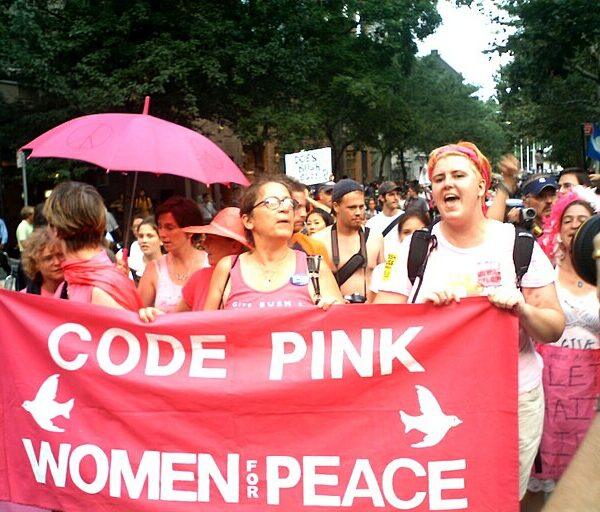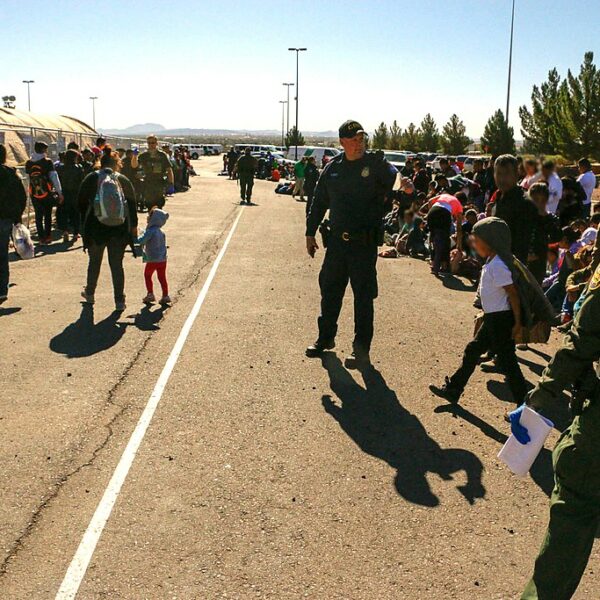
In a sweeping and controversial decision, France’s National Court of Asylum (CNDA) has declared that “all Palestinians living in Gaza should be entitled to asylum protection in France,” Le Figaro reports. The ruling, based on the Geneva Convention, asserts that the “war methods” of the Israeli Defense Forces (IDF) in Gaza are “serious enough to be regarded as methods of persecution.”
The ruling seems at odds with French foreign policy, which has often sided with Israel. In June, for example, French President Emmanuel Macron announced that his country would help defend Israel against Iranian attacks.
The case that sparked the ruling involved a Palestinian mother seeking asylum after the October 7 Hamas attacks on Israel. Her initial application had been rejected by the French Office for the Protection of Refugees and Stateless Persons (OFPRA), which concluded that she was not individually targeted and thus only qualified for “subsidiary protection”—a limited four-year status. The CNDA overruled that assessment, granting full refugee protection with a ten-year residence permit.
At the heart of the court’s reasoning lies the Geneva Convention’s definition of a refugee: someone persecuted for reasons of “race, religion, nationality, membership of a particular social group or political opinion.” Though France does not formally recognize Palestine as a state, the court found that Gazans possess “the characteristics” of a nationality—cultural, ethnic, and linguistic identity, as well as shared political and geographic origins—qualifying them for protection under international law.
Legal observers estimate the decision could directly affect about 20 percent of Gaza’s population. The remaining 80 percent, already recognized as refugees by the United Nations Relief and Works Agency (UNRWA), were previously eligible for French protection under existing rules.
Reactions to the ruling have been polarized. Human rights organizations, including Amnesty International, applauded the decision. But others warned of dire consequences for France’s social fabric and national security. Henda Ayari, a former Muslim and outspoken critic of Islamism, voiced strong opposition.
“While France is already grappling with explosive community tensions, it chooses today to unconditionally welcome refugees from Gaza, even though more than 30 Muslim countries refuse to take them in,” Ayari said. “Why should France, once again, play the role of humanitarian substitute while others categorically refuse to host these populations in their countries?”
Ayari cautioned that some individuals entering under the ruling could pose security risks. “We’re talking about a region where Hamas recruits, where Islamist ideology and anti-Semitic, anti-Western hatred are deeply rooted, where many celebrated the massacres of October 7,” she said. “We cannot pretend to believe that they are all ‘innocent victims.’ Some of these individuals who will arrive in France may have participated in, supported, or condoned terrorism.”
“And tomorrow? They will be housed, fed, and supported at the expense of French taxpayers… while our retirees are dying and our neighbourhoods are exploding.”
The CNDA’s decision marks a watershed moment in French asylum jurisprudence—one that may reshape the country’s refugee policy and intensify political debate over immigration, sovereignty, and national identity.
The ruling also begs the question: Is Benjamin Netanyahu familiar with the way Ron DeSantis and Greg Abbott changed the politics of immigration in the United States?
[Read More: Democrat Accidentally Reveals They’ve Been Lying This Whole Time]











